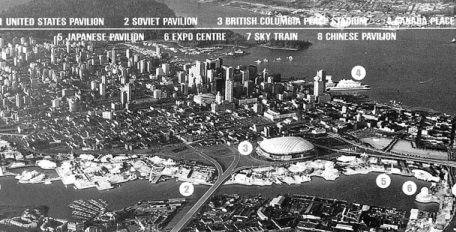How Expo 2010 sowed the seeds of success
By Bo Leung in London | China Daily | Updated: 2019-11-18 08:50

The country took part in the event just after the First Opium War (1839-42) as the Qing Dynasty (1644-1911) began opening up ports to trade, with foreign powers continuing to press for greater access to Chinese markets.
Rana Mitter, professor of History and Politics of Modern China at the University of Oxford, said: "To some extent, China's presence at the 1851 Crystal Palace exhibition was a product of the country being forced into the world. It was very different to Expo 2010 in Shanghai, when China was acting very much under its own power and inviting the world in. In that particular case (the London exhibition) it was a dynasty under siege that was trying to make a case about itself to the new dominant power in the world, which at the time was Britain."
Xu could never have imagined that 151 years after exhibiting at Crystal Palace, China would become the world's second-largest economy and Shanghai would go on to celebrate winning the bid to hold Expo 2010, becoming the first developing country to hold an official exposition.
Shanghai was selected as host by the Bureau International des Exposition's Member States during the organization's 132nd General Assembly in December 2002 at the Prince's Palace of Monaco in Monte Carlo.
Vicente G. Loscertales, secretary-general of the BIE, said there were many reasons China's bid beat those from South Korea, Russia, Mexico and Poland.
"China developed a very strong candidature project for Expo 2010, submitted a solid bid dossier to the BIE, and its Enquiry Mission went very smoothly," Loscertales said.
























